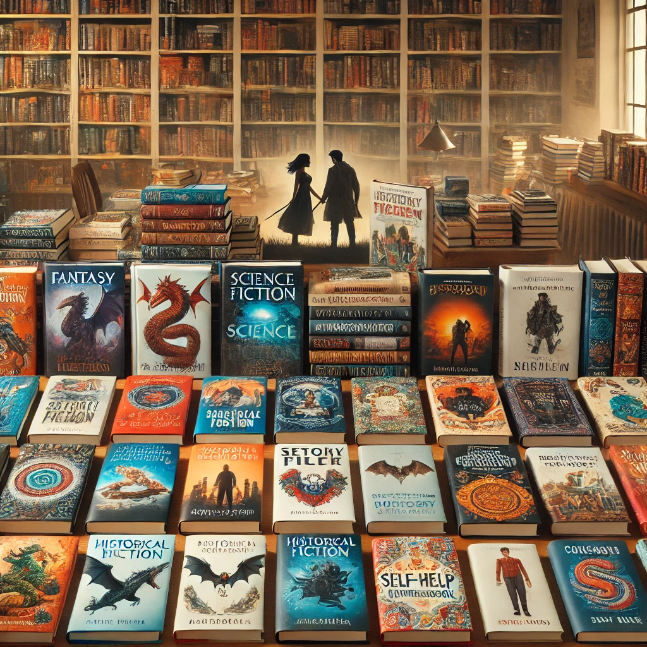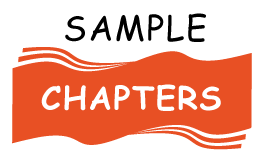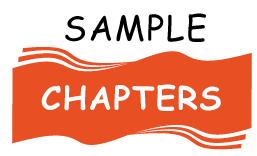Exploring the World of Books: Genres, Categories, Fiction, and Non-Fiction

Books have been an integral part of human culture for centuries, serving as vessels of knowledge, entertainment, and escapism. The vast world of literature is divided into numerous genres and categories, each catering to different tastes and preferences. Whether you're a fan of thrilling adventures, heartwarming romances, or insightful non-fiction, there's a book out there for you. In this article, we'll delve into the diverse genres and categories of books, with a particular focus on fiction and non-fiction, to help you navigate this rich literary landscape.
The Importance of Categorizing Books
Categorizing books into genres and sub-genres helps readers find their next great read more easily. It also assists authors and publishers in marketing their books to the right audience. The two primary categories of books are fiction and non-fiction, each encompassing a wide range of genres.
Fiction: Worlds of Imagination
Fiction books are the product of the author's imagination, telling stories that may or may not be inspired by real events. Fiction is a broad category that includes several popular genres:
1. Fantasy
Fantasy books transport readers to magical realms where anything is possible. This genre often features mythical creatures, magical powers, and epic quests. Notable sub-genres include high fantasy, like J.R.R. Tolkien's "The Lord of the Rings," and urban fantasy, such as Neil Gaiman's "Neverwhere."
2. Science Fiction
Science fiction explores futuristic concepts, advanced technology, and the impact of scientific innovations on society. Classic works like Isaac Asimov's "Foundation" series and modern hits like Andy Weir's "The Martian" fall under this genre.
3. Mystery and Thriller
Mystery and thriller novels keep readers on the edge of their seats with suspenseful plots and unexpected twists. Agatha Christie's detective stories and Dan Brown's conspiracy-laden thrillers are prime examples.
4. Romance
Romance novels focus on the development of romantic relationships, often with a happily-ever-after ending. This genre ranges from historical romance, like Julia Quinn's "Bridgerton" series, to contemporary romance, such as Nicholas Sparks' "The Notebook."
5. Historical Fiction
Historical fiction blends real historical events with fictional characters and narratives. This genre offers a glimpse into the past, with works like Ken Follett's "Pillars of the Earth" and Hilary Mantel's "Wolf Hall." To dive deeper into the world of historical fiction, check out our article on Historical Fiction Books and Their Movie Adaptations: Authors vs. Directors - Who Did It Better?.
6. Literary Fiction
Literary fiction emphasizes character development, stylistic writing, and thematic depth. These books often tackle complex social and philosophical issues, with notable works including Harper Lee's "To Kill a Mockingbird" and Gabriel Garcia Marquez's "One Hundred Years of Solitude."
Non-Fiction: Windows to Reality
Non-fiction books are based on factual information, real events, and actual people. This category encompasses a wide array of genres, each offering insights into different aspects of the world:
1. Biography and Memoir
Biographies and memoirs provide a detailed account of an individual's life and experiences. Notable examples include Walter Isaacson's "Steve Jobs" and Michelle Obama's "Becoming."
2. Self-Help and Personal Development
Self-help books aim to guide readers towards personal growth and improvement. Popular titles include Stephen R. Covey's "The 7 Habits of Highly Effective People" and Dale Carnegie's "How to Win Friends and Influence People."
3. History
History books delve into past events, offering comprehensive analyses and narratives. Works like Doris Kearns Goodwin's "Team of Rivals" and Yuval Noah Harari's "Sapiens" are exemplary in this genre.
4. Science and Technology
Science and technology books explain complex concepts and innovations in an accessible manner. Richard Dawkins' "The Selfish Gene" and Carl Sagan's "Cosmos" are influential works in this genre.
5. Travel and Adventure
Travel and adventure books take readers on journeys to exotic locations and thrilling experiences. Examples include Bill Bryson's "A Walk in the Woods" and Jon Krakauer's "Into the Wild."
6. Cookbooks and Food Writing
Cookbooks and food writing celebrate culinary arts and traditions. Renowned titles include Julia Child's "Mastering the Art of French Cooking" and Anthony Bourdain's "Kitchen Confidential."
The Intersection of Fiction and Non-Fiction
Some books blur the lines between fiction and non-fiction, creating hybrid genres that offer unique reading experiences:
1. Historical Fiction
While primarily a fiction genre, historical fiction often incorporates real historical events and figures, providing a factual backdrop to fictional narratives. For more on how these stories translate to the screen, visit Historical Fiction Books and Their Movie Adaptations: Authors vs. Directors - Who Did It Better?.
2. True Crime
True crime books, like Truman Capote's "In Cold Blood," present factual accounts of criminal cases while employing narrative techniques typical of fiction.
Tips for Writing and Publishing
If you're an aspiring writer, understanding the nuances of different genres and categories can significantly enhance your storytelling and publishing efforts. Here are some resources to help you on your writing journey:
- Writing Fiction: Crafting realistic and engaging dialogue is crucial. Explore Effective Strategies for Writing Dialogue in Fiction for practical tips.
- Writing Non-Fiction: A strong book proposal is essential for non-fiction authors. Learn how to create a compelling proposal with our guide on How to Write a Winning Non-Fiction Book Proposal.
Choosing the Right Book
With so many genres and categories to choose from, finding the perfect book can be daunting. Here are some tips to help you make your selection:
- Identify Your Interests: Consider what topics or themes intrigue you. Are you fascinated by space exploration, love stories, or historical events?
- Read Reviews and Recommendations: Online platforms like Goodreads and book blogs offer reviews and recommendations that can guide your choices.
- Explore New Genres: Don't be afraid to step out of your comfort zone and try a new genre. You might discover a new favorite.
- Join a Book Club: Book clubs provide opportunities to discuss books with fellow readers and explore different genres together.
- Visit a Library or Bookstore: Browsing the shelves of a library or bookstore can introduce you to a wide variety of books and genres.
Conclusion
The world of books is vast and varied, offering something for every reader. Whether you're drawn to the imaginative realms of fiction or the insightful truths of non-fiction, there's a genre and category that will capture your interest. By understanding the different genres and categories, you can navigate this rich literary landscape and find books that resonate with you. Happy reading!



